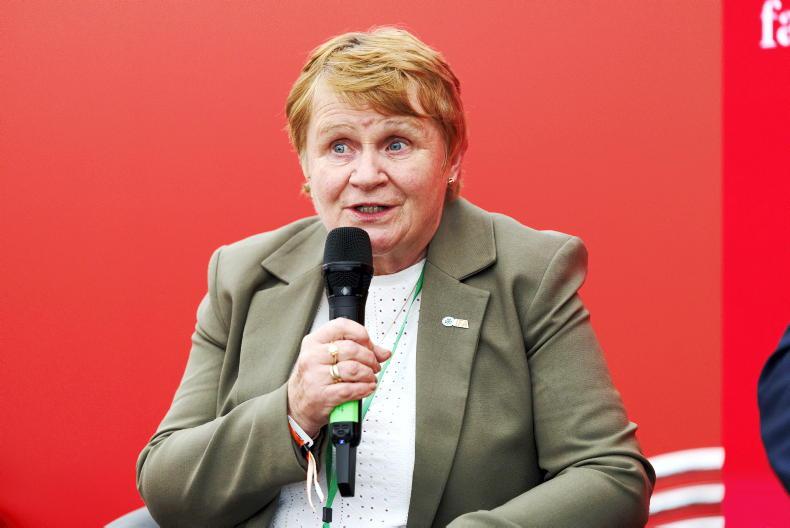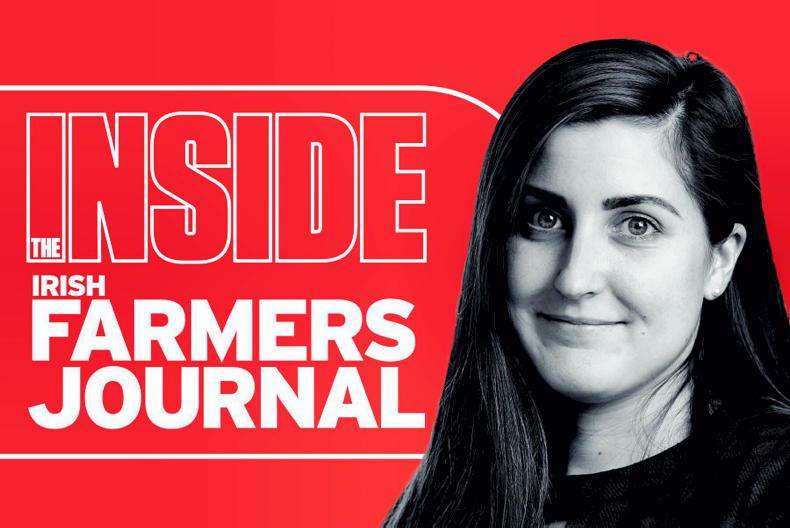Since its launch three weeks ago, the Save Our Sucklers campaign has received phenomenal support. As we go to press, we estimate we have secured over 30,000 signatures, with numbers continuing to grow. This would not have been possible without the support of rural communities and businesses – and livestock marts in particular.
However, alongside the huge support we have received, we have also been challenged by some as to the logic of introducing a €200 payment for suckler cows. While this is just one part of the campaign that includes the CAP budget and opposition to Mercosur, it is that part that has attracted most attention. Some have argued that it is not enough, while others say it should be left to the market to pay a price that supports suckler beef production.
While calls for a higher payment are laudable, the belief that higher market prices alone can make the system viable is flawed – largely on the basis that direct support into the sector typically accounts for 35-40% of total output. Replacing direct supports from the market would require a beef price increase of over €2/kg and place Ireland as the highest-priced beef market in the world by a distance. Again, a laudable aspiration, but how realistic is it for a country that exports 90% of total production into EU and global markets?
The reality is that suckler production is not viable anywhere in the EU without direct supports – largely reflecting the added costs of the environmental and food safety standards to which EU farmers operate.
How an enhanced suckler scheme would be funded has also been raised. Minister for Agriculture Michael Creed has been quick to use this as a political mudguard, claiming that funding such a scheme could only be delivered by cutting all farmers’ basic payments by 18%. It is disappointing that the minister has chosen to go down this route. Such statements effectively turn farmers against farmers.
The scope for an increased CAP budget, additional Exchequer funding (as provided to fund the Suckler Cow Welfare Scheme) and the allocation of unspent funds are all options that should be fully explored before adopting such a position.
It was encouraging to hear the minister speaking in Navan on Tuesday night of the need to protect the CAP budget. Despite the report released on Wednesday by the Commission considering up to a 30% cut in the CAP budget, the mood music among influential member states such as France and Germany has become more positive since Christmas. Both appear to have woken up to the role that a strong CAP budget plays in protecting the fabric of the overall European project.
However, farmers in Navan, as has been the case at meetings in Carlow and Cork, once again left the minister in no doubt that they expect him to go to Brussels seeking an increase in the CAP budget. Ireland’s over-amplified exposure to Brexit and indeed a potential Mercosur trade deal gives An Taoiseach Leo Varadkar and Minister Creed plenty of political firepower in adopting such a position.
As Amy Forde details on page 8, a report from Copenhagen Economics for the Government exposes the threat Brexit represents to rural Ireland and the agricultural sector: an 18-40% drop in beef and dairy exports by 2030, depending on the level of tariffs in place and the extent to which we see regulatory divergence.
Importantly, the report identifies regulatory divergence as the biggest threat to Irish exports to the UK, once again highlighting the importance of any trade agreement going beyond market access and ensuring the value of the UK market is protected.
It is for this reason that the focus of our open letter to the Government and the European Commission calls on both parties to protect Irish farmers in the wake of Brexit. It is unacceptable that rural Ireland is left totally exposed to the fallout from Brexit without a clear commitment to introduce measures to ensure farmer income is protected.
The severity of the various Brexit scenarios outlined in the Copenhagen report further exposes just how untenable it is for the Commission to be considering granting increased access to the EU beef market as part of a Mercosur deal. How can the EU claim to understand Ireland’s Brexit problem if it moves to further undermine our largest indigenous sector as part of any trade deal?
It is against this backdrop that we encourage every farm family and rural business to sign our petition and join the campaign. One of the unique aspects of Irish agriculture is the interdependency of our various sectors on each other. Therefore, whether it be tillage, dairy, sheep or suckling, issues such as the CAP budget, Mercosur and Brexit will directly affect farm incomes regardless of the primary production system on the farm.
By signing our petition, farmers, rural communities and businesses can send a strong message that rural Ireland expects the Government and the Commission to recognise and react to the serious threat these challenges present to farmers’ income.










SHARING OPTIONS